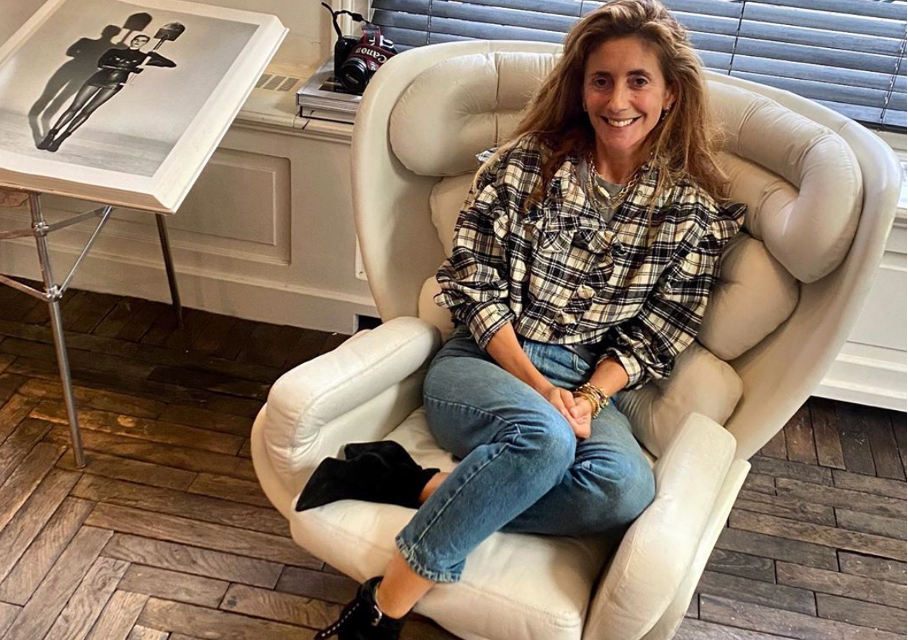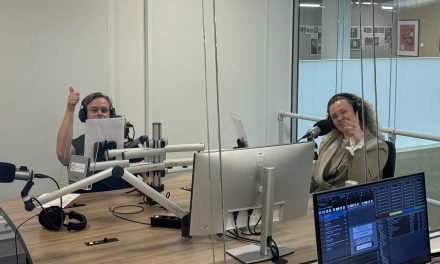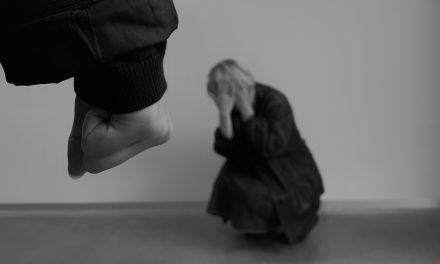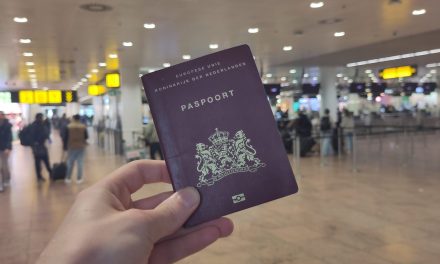As the coronavirus pandemic continues to play havoc with travel plans, fashion weeks across the world are developing new formats and cultivating local audiences to ensure their survival in the absence of foreign buyers and editors. While many postponed their latest editions or switched to digital-only showcases, the next few months will see a growing number of fashion weeks – Milan, London and Paris among others – experimenting with a combination of physical and online events.
As will the biannual Amsterdam Fashion Week (AFW); on Thursday 17 September AFW will start outside of Amsterdam, in Wassenaar to be precise, for the first time in fashion history. Besides a handful of physical shows and presentations, there will be an online auction (auctioning off sustainable haute couture face masks), a fashion film (made by Mulas Hybrid Haus) and multiple livestreamed runway shows.
‘I think it’s important for Amsterdam Fashion Week to take place again. We are a platform to show the world new talent and celebrating creativity. Especially now, during corona, many people benefit from creative initiatives and opportunities,’ says Danie Bles, founder of Amsterdam Fashion Week and fashion stylist. ‘This edition of Amsterdam Fashion Week feels extra special. Particularly in these times it is very important to offer a platform to new as well as established talents. Themes such as connectivity, change, diversity and sustainability are therefore a crucial part of the program.’
This is not the sole reason for fashion weeks to go on, even during a pandemic. Designers do not only show their collections at fashion weeks, they also sell them. During these fashion weeks fashion buyers and e-commerce platforms negotiate order sizes and prices with designers and decide what they will sell in stores and online. Essentially, fashion weeks determine what clothes will be in store – and what we, as consumers, buy and wear.
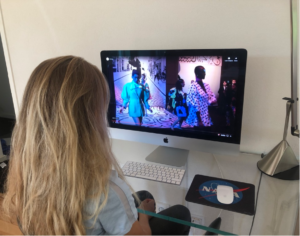
Elzinga’s livestreamed fashion show during AFW. Photo: Aimée Kniese
‘We will comply with all the corona rules during our events. We work with locations that are already adapted to receiving people and can regulate this. The numbers of visitors have of course been adjusted so that it is safe. In addition, we also have thermometers, disinfectant gel, and face masks at the entrance. Everything we do during the week will also be shown digitally. Therefore, we have screens, livestreams and podcasts,’ Bles continues. ‘We’re lucky to live in an era with a lot of digital access, which makes it a great moment to go digital with AFW.’
A previous example of a fashion week during corona is Copenhagen Fashion Week (CFW), which took place last August. Most noticeable about CFW was the abundance of protective masks, the social-distancing measures and smaller than usual audiences. CFW combined live presentations and runway shows with digital shows, fashion films and look books. Danie Bles: ‘I think Copenhagen Fashion Week did a really good job. This is because CFW has this very young and refreshing outlook. Copenhagen also receives a grant, which Amsterdam does not get yet, and because of that they could really take on corona from day one.’
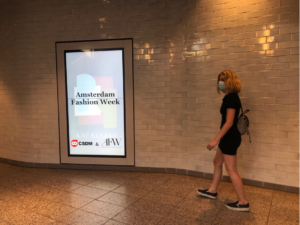
A passerby wears a face mask in front of an Amsterdam Fashion Week poster in an Amsterdam subway station. Photo: Aimée Kniese.
Bles is unsure about the future of fashion weeks and if they will continue this trend of digitalization. What she does know for sure, is that the coronavirus will be a game changer for the fashion industry. ‘The coronavirus is definitely a reset for the industry. We should all be more sustainable and look for a different system, including a different approach to fashion.’
